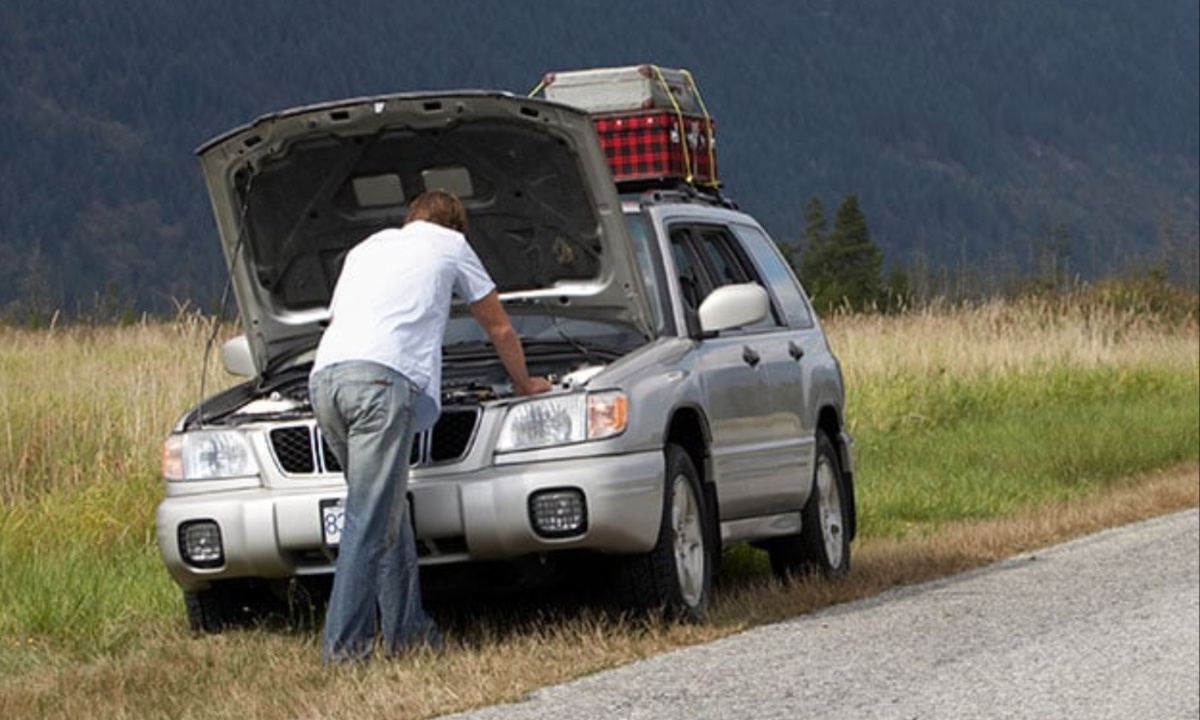Car stalling is a common and frustrating issue that many drivers experience. Whether it happens while driving or idling, it can be alarming and inconvenient. Stalling occurs when the engine unexpectedly shuts off, leaving drivers to wonder what went wrong. There are several potential causes, ranging from simple oversights to more complex mechanical or electrical problems. In this guide, we’ll explore seven common reasons why cars stall and provide insights into how to prevent and address these issues.
1. Fuel System Problems
Fuel system issues are one of the most frequent reasons for car stalling. If your car is running out of fuel, the engine will lack the necessary resources for combustion, causing it to shut off. Sometimes, drivers may miscalculate fuel levels or ignore the fuel gauge, leading to this problem.
Another potential issue is a malfunctioning fuel pump. The fuel pump’s job is to transfer fuel from the tank to the engine. If it fails, the engine won’t receive enough fuel to function properly, resulting in stalling. Additionally, clogged fuel injectors or a faulty fuel pressure regulator can disrupt the delivery of fuel, causing uneven combustion and frequent stalls. Regular maintenance of the fuel system, including cleaning or replacing fuel injectors, can help prevent these issues.

2. Ignition System Failures
The ignition system is responsible for igniting the air-fuel mixture in the engine cylinders. If it fails, the engine cannot run efficiently and may stall. A weak or faulty ignition coil is a common culprit. It generates the high voltage needed to create a spark, and if it malfunctions, the spark may not be strong enough for combustion.
Worn-out or fouled spark plugs are another cause. Over time, spark plugs degrade and fail to produce consistent sparks, leading to engine misfires or stalling. Even the ignition switch or its wiring can create problems, interrupting the electrical flow to critical engine components. To avoid stalling due to ignition issues, ensure that the ignition system is regularly inspected and maintained.
3. Sensor Malfunctions
Modern cars rely on various sensors to monitor and manage engine performance. When these sensors malfunction, they can send incorrect data to the engine control unit (ECU), causing the engine to behave erratically and possibly stall.
The oxygen sensor is one such critical component. It monitors the level of oxygen in the exhaust gases and provides feedback to the ECU for adjusting the air-fuel mixture. If the oxygen sensor fails or gives inaccurate readings, it can lead to an imbalance in the mixture, causing the engine to stall.
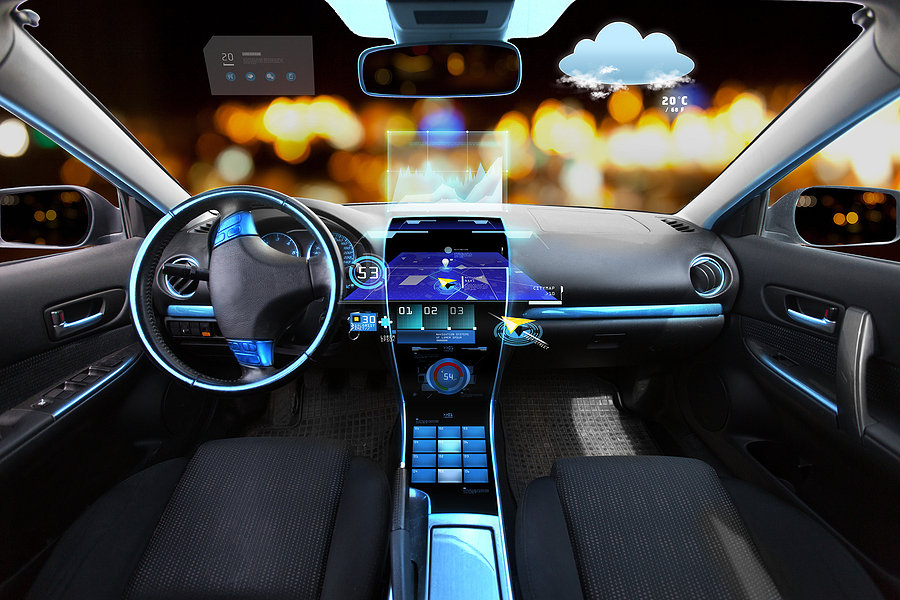
Another important sensor is the crankshaft position sensor, which tracks the crankshaft’s position and speed to ensure proper timing for ignition and fuel injection. If this sensor malfunctions, it can disrupt the engine’s operation and result in stalling. Diagnosing and replacing faulty sensors can restore proper engine function.
4. Electrical System Problems
Electrical issues can cause a car to stall suddenly, as the engine relies on electrical power to run smoothly. A malfunctioning alternator, for example, may fail to recharge the battery, leaving the vehicle without sufficient power to sustain operations. This can lead to stalling, especially during extended drives.
The ignition switch and its wiring are other potential trouble spots. If the switch is faulty or the wiring is loose or damaged, the engine may lose power intermittently and stall. Regularly inspecting the electrical system and replacing worn components can prevent these issues.
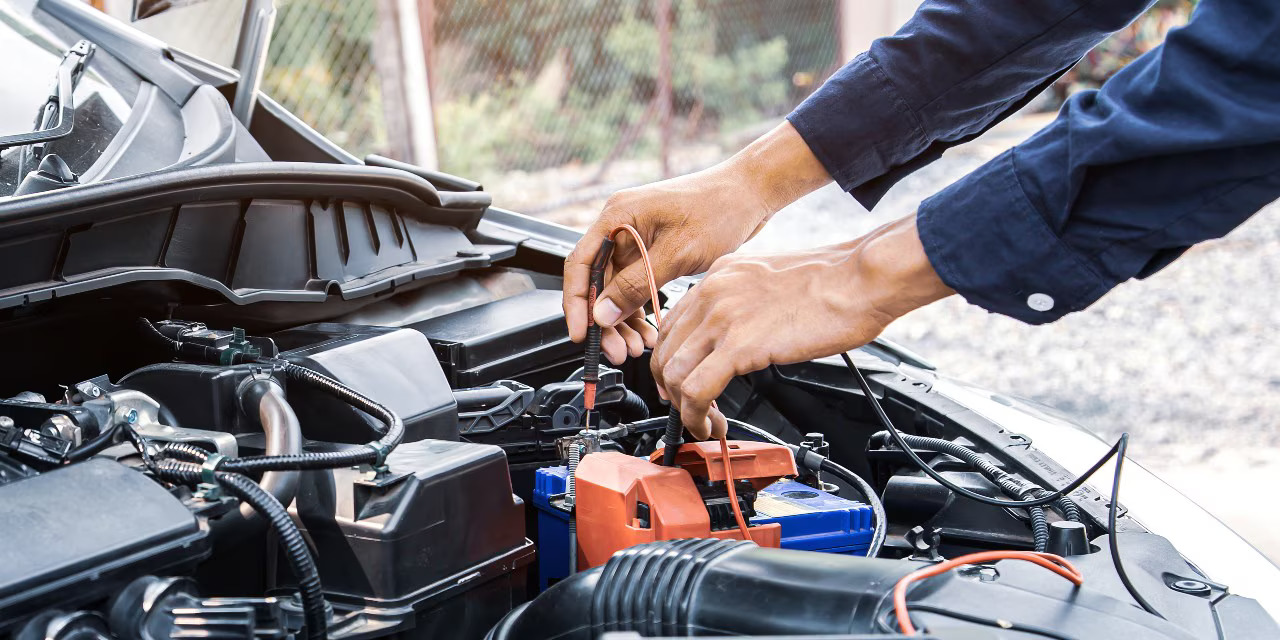
5. Air Intake Blockages
A clean and efficient air intake system is crucial for proper engine performance. When the air filter becomes clogged with dirt and debris, it restricts airflow to the engine, disrupting the air-fuel balance required for combustion. This imbalance can cause the engine to stall, particularly during idling or acceleration.
Another common issue is a dirty or malfunctioning throttle body. The throttle body regulates the amount of air entering the engine. If it is blocked or coated with carbon deposits, it can reduce airflow and cause stalling. Regularly cleaning the air filter and throttle body can help maintain optimal air intake and prevent engine stalls.
6. Exhaust System Issues
The exhaust system plays a key role in removing gases from the engine and maintaining its performance. A clogged catalytic converter is a common problem that can lead to stalling. Over time, carbon deposits and other debris can accumulate in the converter, restricting exhaust flow and reducing engine efficiency.
When the exhaust system is compromised, the engine may struggle to expel gases, leading to overheating, poor performance, and eventually stalling. Regular inspections and cleaning of the exhaust system components can help ensure that the engine operates efficiently.
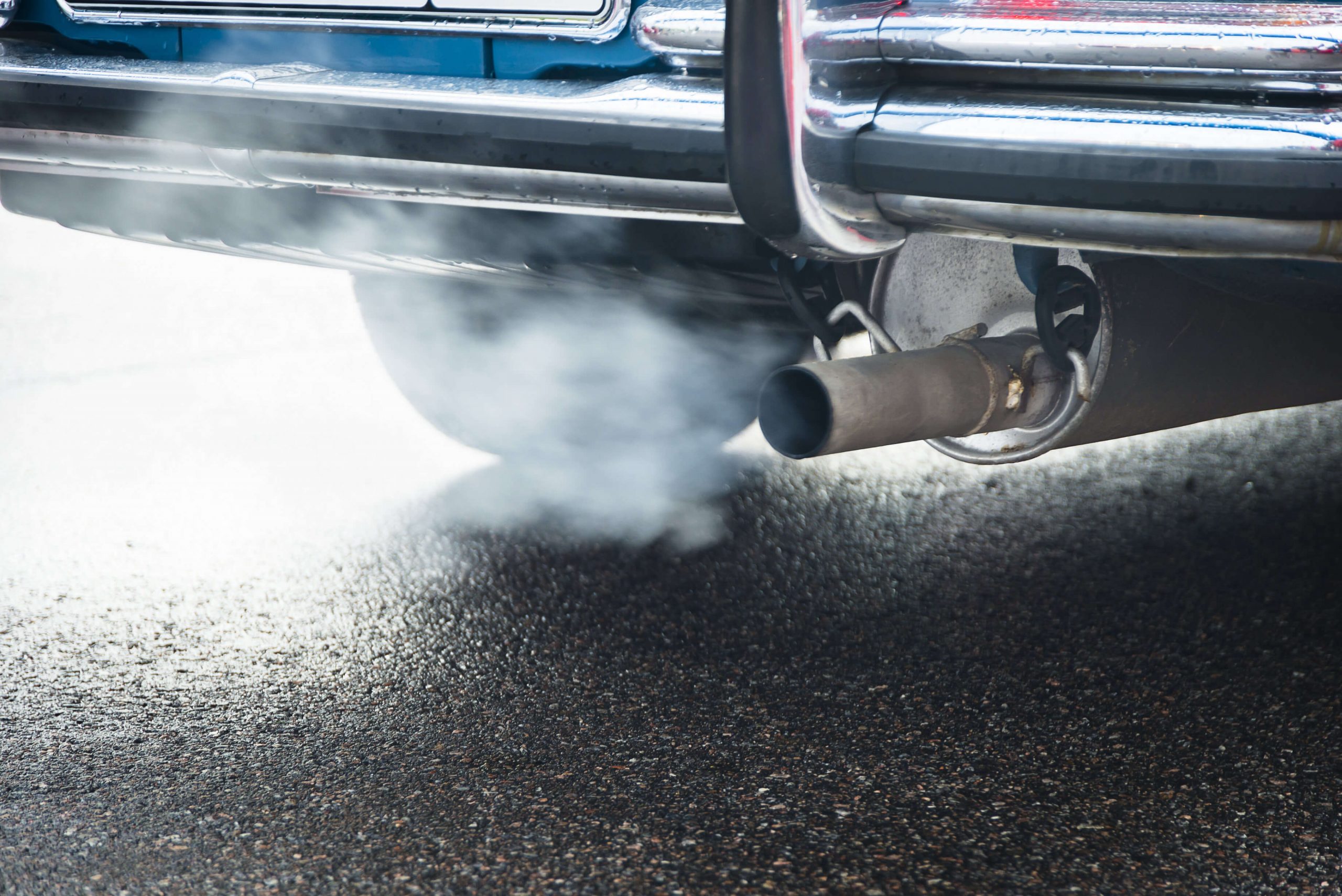
7. Transmission Troubles
Transmission problems, whether in manual or automatic vehicles, can also cause stalling. In manual cars, issues with the clutch can lead to stalls during gear changes or when coming to a stop. A worn or slipping clutch fails to engage or disengage properly, causing the engine to shut off unexpectedly.
For automatic transmissions, a faulty torque converter is often to blame. This component transfers power from the engine to the wheels, and if it malfunctions, the power delivery can be disrupted, resulting in stalling. Addressing transmission issues promptly can prevent stalling and ensure smoother driving.
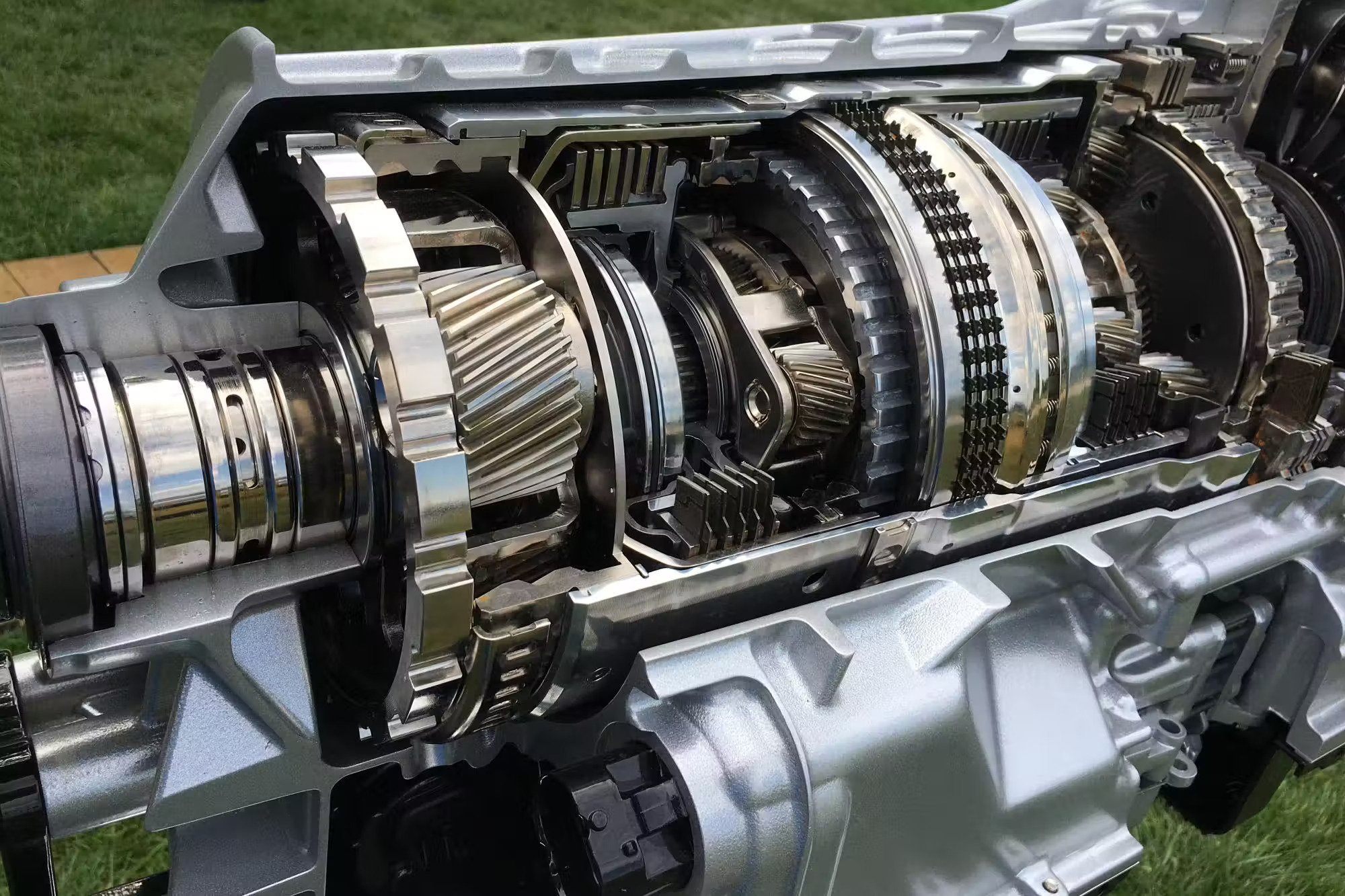
Stalling can be a frustrating and disruptive experience, but it is often avoidable with proper vehicle care. Regular maintenance, including inspections of the fuel system, ignition components, sensors, and air intake, is essential. Paying attention to early warning signs, such as rough idling, poor acceleration, or unusual noises, can help catch problems before they lead to stalling.
Understanding the potential causes of stalling equips drivers to take proactive steps toward prevention. By addressing these issues early, you can ensure a safer and more reliable driving experience, free from the worry of unexpected stalls.

